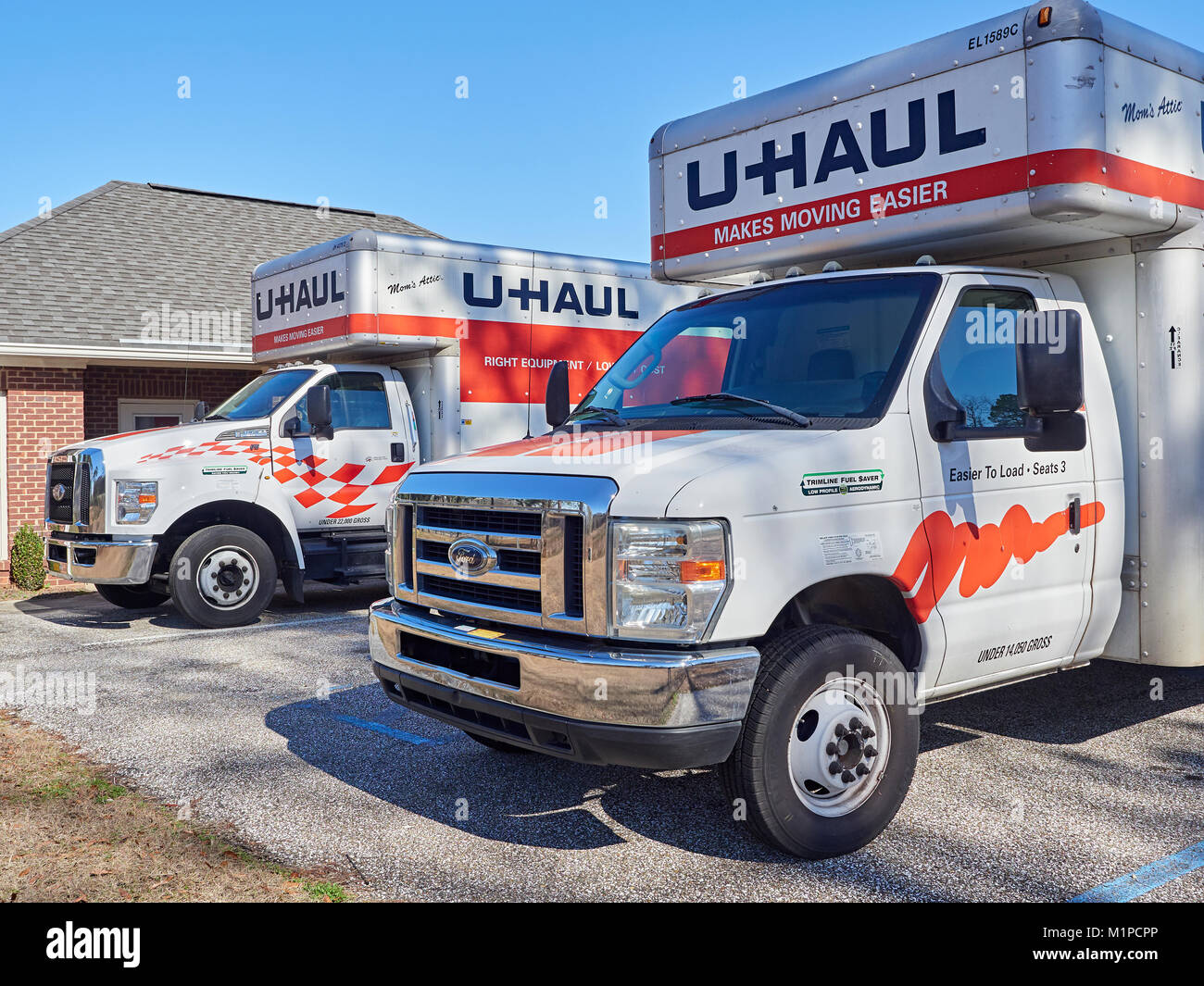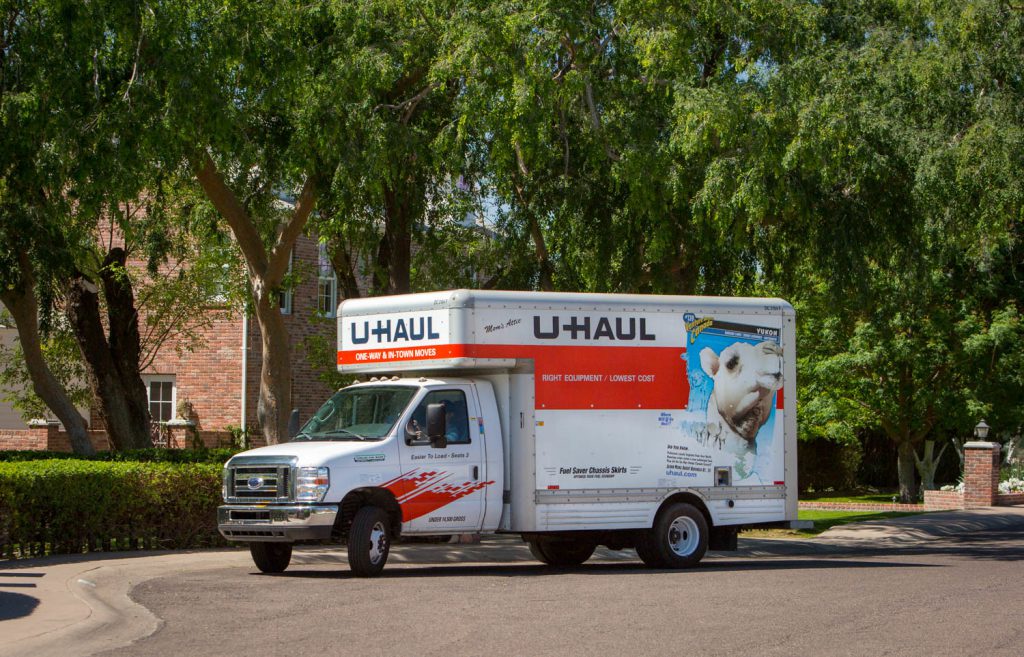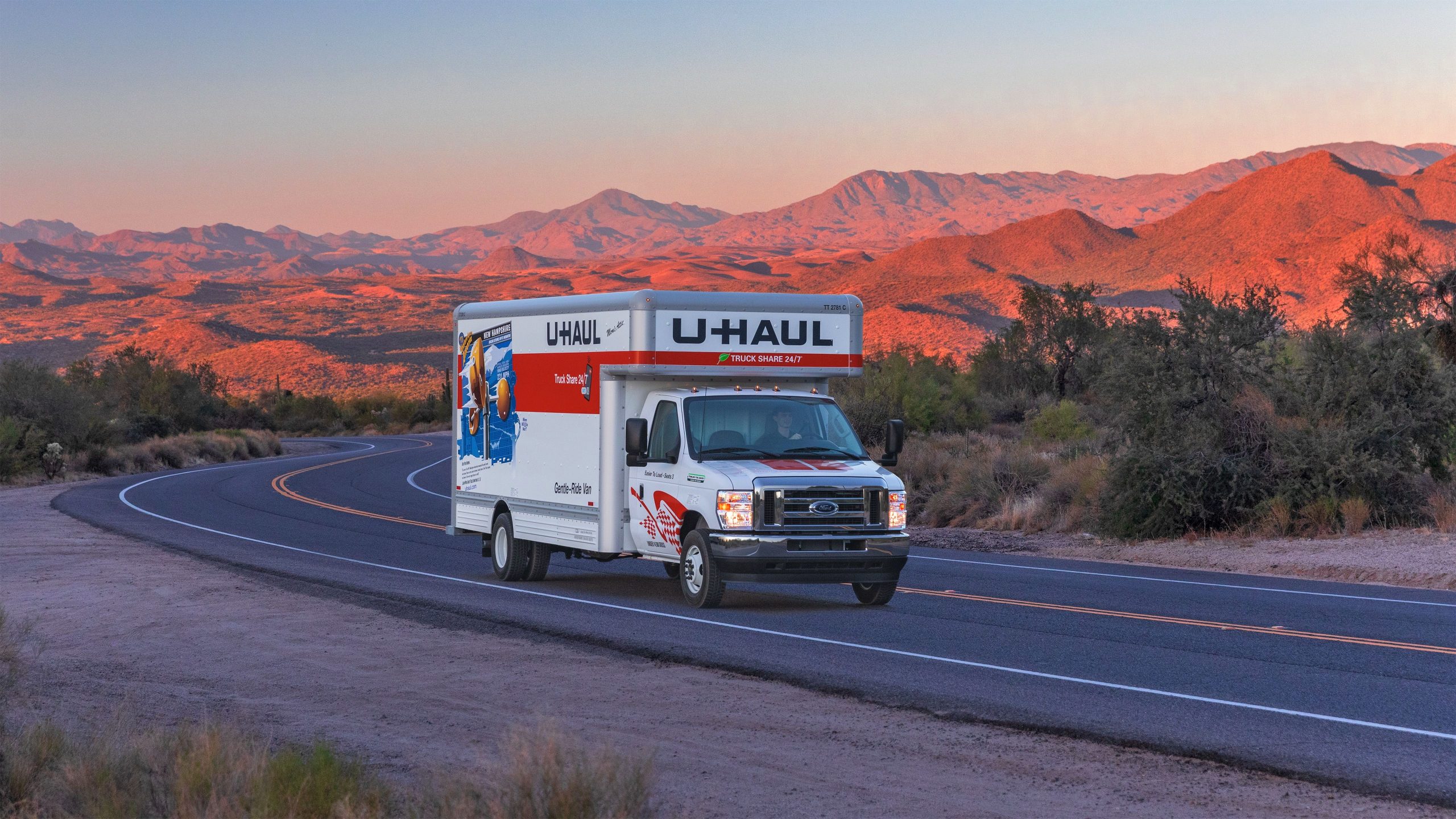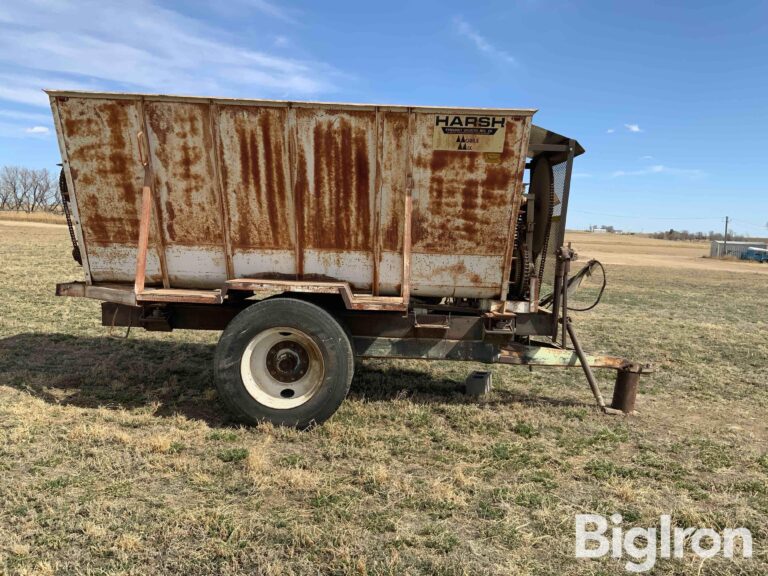U-Haul Cargo Trailer: Your Comprehensive Guide to Moving and Hauling
U-Haul Cargo Trailer: Your Comprehensive Guide to Moving and Hauling cars.truckstrend.com
Moving, decluttering, or transporting goods often presents a logistical challenge. How do you get bulky items from point A to point B safely and efficiently without owning a large truck? The answer for millions lies in the ubiquitous orange and white U-Haul Cargo Trailer. These versatile, enclosed trailers offer a practical and affordable solution for a wide array of hauling needs, from residential moves to transporting equipment or materials. This comprehensive guide will delve into everything you need to know about U-Haul Cargo Trailers, helping you make an informed decision for your next project.
The Foundation: What are U-Haul Cargo Trailers?
U-Haul Cargo Trailer: Your Comprehensive Guide to Moving and Hauling
At its core, a U-Haul Cargo Trailer is a fully enclosed, single-axle or tandem-axle trailer designed for towing behind a suitable vehicle. Unlike open utility trailers, their enclosed design provides superior protection for your belongings against weather, theft, and road debris, making them ideal for sensitive or valuable cargo. Available in various sizes, these trailers are engineered for durability, ease of use, and compatibility with a wide range of towing vehicles, making them a go-to choice for DIY movers and small businesses alike.
Why Choose a U-Haul Cargo Trailer?
The popularity of U-Haul Cargo Trailers stems from several key advantages:
- Cost-Effectiveness: Renting a trailer is often significantly cheaper than hiring a moving company or even renting a full-sized moving truck, especially for shorter distances or when you already have a tow-capable vehicle.
- Flexibility & Control: You dictate the schedule, pace, and loading process. This autonomy is invaluable for those who prefer to handle their move or transport on their own terms.
- Protection for Your Belongings: The enclosed design shields your items from rain, dust, wind, and sun, ensuring they arrive at their destination in the same condition they left. It also offers a layer of security, keeping your contents out of sight.
- Variety of Sizes: With multiple options available, you can select a trailer that perfectly matches the volume and weight of your cargo, preventing wasted space or the need for multiple trips.
- Nationwide Availability: U-Haul’s extensive network of locations across North America makes it easy to pick up and drop off trailers, whether you’re moving across town or across the country.

Understanding the Fleet: U-Haul Cargo Trailer Sizes
U-Haul offers a range of cargo trailer sizes, each designed to accommodate different hauling needs. Understanding their dimensions and capacities is crucial for selecting the right one:
| Trailer Size | Interior Dimensions (LxWxH) | Cubic Feet | Max Load (lbs) | Empty Weight (lbs) | Features / Best For |
|---|---|---|---|---|---|
| 4×8 | 8′ x 4′ x 4′ | 142 cu. ft | 1,600 | 850 | Smallest enclosed trailer. Ideal for small apartments, dorm rooms, boxes, small furniture, or local deliveries. Lightweight and easy to tow. |
| 5×8 | 8′ x 5′ x 5′ | 205 cu. ft | 1,800 | 900 | Perfect for studio apartments, small furniture, appliances (washer/dryer), or general hauling. Most common size for DIY movers. |
| 5×10 | 10′ x 5′ x 5′ | 257 cu. ft | 1,600 | 1,200 | Suitable for 1-bedroom apartments, multiple pieces of furniture, or larger appliances. Some models include a loading ramp. |
| 6×12 | 12′ x 6′ x 5.5′ | 396 cu. ft | 2,400 | 1,280 | Largest enclosed trailer. Best for 2-bedroom homes, large furniture, motorcycles, or extensive hauling. Often comes with a loading ramp for easy access. |
Note: Dimensions are approximate and may vary slightly by model. Always confirm specifics at the time of rental.
Renting Your U-Haul Cargo Trailer: A Step-by-Step Guide
Renting a U-Haul cargo trailer is a straightforward process:
- Assess Your Needs: Determine the volume and weight of items you need to transport to choose the appropriate trailer size.
- Verify Towing Capability: Ensure your vehicle meets U-Haul’s requirements for towing capacity, hitch class, and electrical connections. (More on this below.)
- Make a Reservation: You can reserve a trailer online via the U-Haul website or app, or by calling or visiting a U-Haul location. Reservations are highly recommended, especially during peak moving seasons.
- Pick Up Your Trailer: On your scheduled day, head to the designated U-Haul location. A U-Haul representative will inspect your towing vehicle, ensure it’s properly equipped, and help you hitch the trailer safely. They will also review the rental agreement and safety guidelines.
- Load and Go: Once hitched, you’re ready to load your belongings and begin your journey.
Essential Pre-Rental Considerations
Before you even think about reserving a trailer, several critical factors must be thoroughly checked to ensure a safe and successful towing experience:
- Towing Vehicle Compatibility:
- Towing Capacity: Your vehicle’s owner’s manual will specify its maximum towing capacity. Never exceed this limit.
- Hitch Type: You’ll need a proper hitch receiver installed on your vehicle. U-Haul requires a specific class of hitch (Class I for 4×8, Class II for 5×8 and 5×10, Class III or IV for 6×12).
- Hitch Ball: Ensure you have the correct size hitch ball (usually 1 7/8" or 2" for U-Haul trailers) and that it’s securely attached.
- Wiring Harness: Your vehicle must have a functioning 4-way flat electrical connector to power the trailer’s tail lights, brake lights, and turn signals. If not, U-Haul sells adapters or can install one.
- Driver’s License & Insurance: A valid driver’s license is required. While your auto insurance may offer some coverage, it’s wise to check your policy or consider U-Haul’s optional SafeTow® coverage for added protection against damage to the trailer or your belongings.
- Weight Distribution: Understanding your trailer’s maximum load capacity is vital. Distribute the weight evenly, with about 60% of the cargo weight in the front half of the trailer and 40% in the rear to maintain proper tongue weight and prevent swaying.
- Road Regulations: Be aware of any state-specific towing laws, such as maximum speed limits for vehicles towing trailers or restrictions on lane usage.
Mastering the Load: Packing and Safety Tips
Proper packing and loading are crucial for safe towing and protecting your items:
- Heavy Items First: Load the heaviest items first, positioning them low and centered over the trailer’s axle.
- Distribute Weight Evenly: Avoid putting all heavy items on one side. Balance the load from left to right.
- Secure Everything: Use moving blankets, furniture pads, and tie-downs or rope to prevent items from shifting during transit. Loose items can cause significant damage or affect the trailer’s stability.
- Leave Space: Don’t pack so tightly that you can’t access essential items or properly secure the load.
- Check Clearance: Before closing the doors, ensure no items protrude that could interfere with the door mechanism or get damaged.
On the Road: Safe Towing Practices
Towing a trailer significantly changes your vehicle’s dynamics. Practice these safe towing habits:
- Reduce Speed: Drive slower than you normally would, especially on highways, around curves, or in adverse weather conditions.
- Increase Following Distance: You’ll need more time and distance to stop with the added weight. Maintain a greater following distance from other vehicles.
- Wider Turns: Trailers cut corners, so make wider turns than usual to avoid hitting curbs or other obstacles.
- Braking: Apply brakes gently and earlier than usual. Avoid sudden braking, which can cause the trailer to sway or jackknife.
- Check Mirrors Frequently: Constantly monitor your trailer’s position and condition in your side mirrors.
- Pre-Trip Checks: Before setting out and at each stop, check tire pressure on both your vehicle and the trailer, ensure lights are working, and confirm the hitch connection is secure.
Returning Your Trailer
Returning your U-Haul cargo trailer is as simple as picking it up. Ensure the trailer is empty and clean. Drive it to the designated drop-off location (this may be different for one-way rentals). A U-Haul representative will inspect the trailer for damage and complete the return process. Always ensure you receive confirmation of your return.
Estimated Rental Costs: U-Haul Cargo Trailer Price Guide
The cost of renting a U-Haul cargo trailer varies based on several factors, including the trailer size, rental duration (daily, weekly), whether it’s an in-town or one-way rental, location, and availability. The prices below are estimated daily rates for in-town rentals and should be used as a general guide. One-way rentals are typically more expensive and priced based on mileage/destination.
| Trailer Size | Estimated Daily Rate (In-Town) |
|---|---|
| 4×8 | $14.95 – $29.95 |
| 5×8 | $19.95 – $34.95 |
| 5×10 | $29.95 – $44.95 |
| 6×12 | $34.95 – $59.95 |
Disclaimer: Prices are estimates only and subject to change without notice. Actual rates depend on location, demand, duration, and one-way vs. in-town rental. Always check the U-Haul website or call a local representative for current pricing.
Frequently Asked Questions (FAQ)
Q1: Can I tow a U-Haul cargo trailer with any vehicle?
A1: No. Your vehicle must have a sufficient towing capacity, a properly installed hitch receiver, and a functioning electrical connection for the trailer lights. U-Haul will verify your vehicle’s suitability before rental.
Q2: Do U-Haul cargo trailers have brakes?
A2: Generally, U-Haul cargo trailers are lightweight enough that they do not require independent braking systems for most towing vehicles. The vehicle’s brakes are designed to handle the combined weight. However, some larger trailers (like the 6×12) may have surge brakes. Always refer to U-Haul’s specific guidelines.
Q3: What if my car doesn’t have a hitch or wiring?
A3: U-Haul offers hitch installation services and sells wiring harnesses and adapters. It’s best to get these installed well in advance of your rental.
Q4: Can I rent a U-Haul cargo trailer for a one-way trip?
A4: Yes, all U-Haul cargo trailers can be rented for one-way moves. The pricing for one-way rentals is typically different from in-town rentals, based on the distance and destination.
Q5: What happens if the trailer gets damaged?
A5: You are responsible for any damage to the trailer during your rental period. U-Haul offers optional SafeTow® coverage that can provide protection against accidental damage to the trailer and your cargo. Review your personal auto insurance policy as well.
Q6: Are the trailers waterproof?
A6: While U-Haul cargo trailers are designed to be weather-resistant and protect your belongings from rain and elements, they are not entirely waterproof. In heavy, prolonged downpours, some moisture could potentially seep in. It’s always advisable to pack sensitive items in plastic bins or wrap them for extra protection.
Conclusion
U-Haul Cargo Trailers stand as an indispensable resource for anyone facing a moving challenge, a renovation project, or the need to transport goods efficiently. Their variety of sizes, coupled with U-Haul’s widespread availability and commitment to safety, makes them a highly practical and cost-effective solution. By understanding the different trailer options, meticulously preparing your towing vehicle, and adhering to safe towing practices, you can confidently tackle your hauling tasks. With a U-Haul Cargo Trailer, you’re not just renting a piece of equipment; you’re gaining the freedom and flexibility to move what matters, on your terms.






